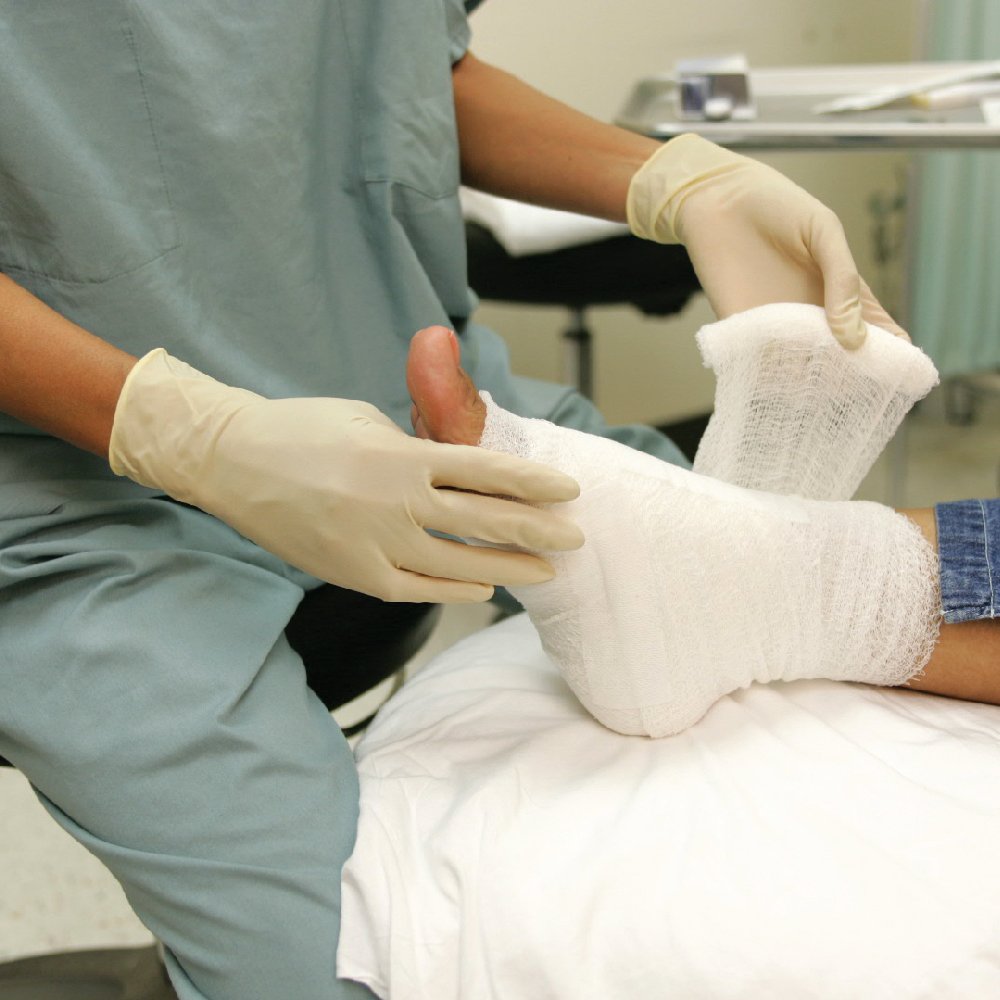Understanding Wound Care Essentials
/Welcome to Hyperbaric Medical Services & Wound Care, where your journey to optimal wound healing begins with a solid understanding of the essentials. In this blog post, we'll guide you through the fundamental aspects of wound care, empowering you with knowledge that plays a pivotal role in the healing process.
Recognizing Different Types of Wounds:
Wounds come in various forms, each requiring specific attention. Whether it's a cut, diabetic wound, venous wound, or a more complex chronic wound, our experts are here to help you understand the unique characteristics of different wound types. Recognizing these distinctions is the first step toward targeted and effective treatment.
Crucial Steps in Wound Management:
Wound management is a comprehensive process that involves several key steps. From the initial assessment to ongoing care, we prioritize a systematic approach. This includes cleaning the wound gently to remove debris and bacteria, applying suitable dressings to promote healing, and monitoring for signs of infection or other complications. Understanding these steps empowers you to actively participate in your own wound care journey.
Expert Insights for Comprehensive Wound Care:
At Hyperbaric Medical Services & Wound Care, our commitment is to provide not only medical expertise but also valuable insights to enhance your understanding of wound care.
Throughout this blog series, expect expert advice on topics such as wound prevention, innovative treatments, and the role of lifestyle factors in supporting the healing process. We believe that well-informed individuals make more confident decisions about their health.
Practical Tips for Optimal Healing:
Beyond theory, practical tips are essential for day-to-day wound care. From maintaining good hygiene practices to recognizing warning signs that may require professional attention, we'll share actionable advice to help you navigate the challenges of wound healing successfully. Small steps in your daily routine can contribute significantly to the overall effectiveness of your wound care efforts.
In conclusion, the journey to optimal wound healing is a partnership between you and our dedicated team at Hyperbaric Medical Services & Wound Care. Armed with knowledge, you are better equipped to actively engage in your own well-being. Stay tuned for more insightful posts that will deepen your understanding of wound care and guide you toward a healthier, happier life.














